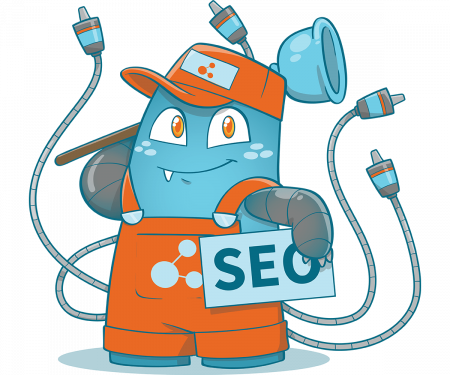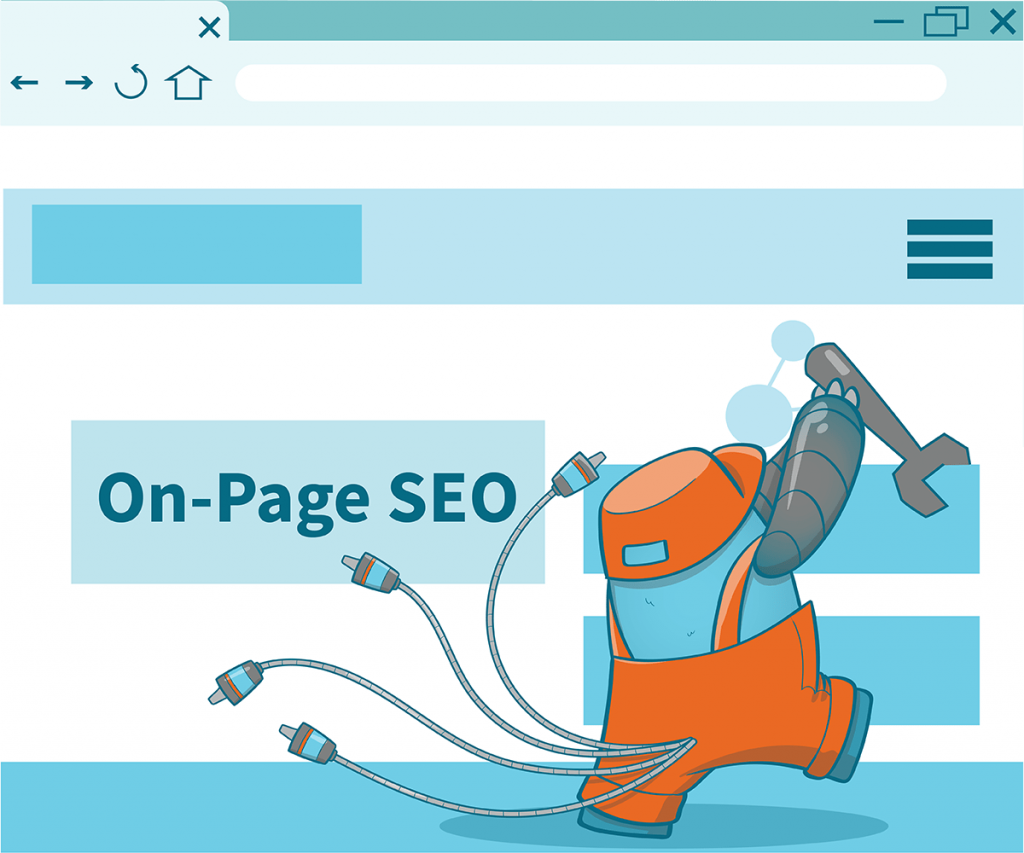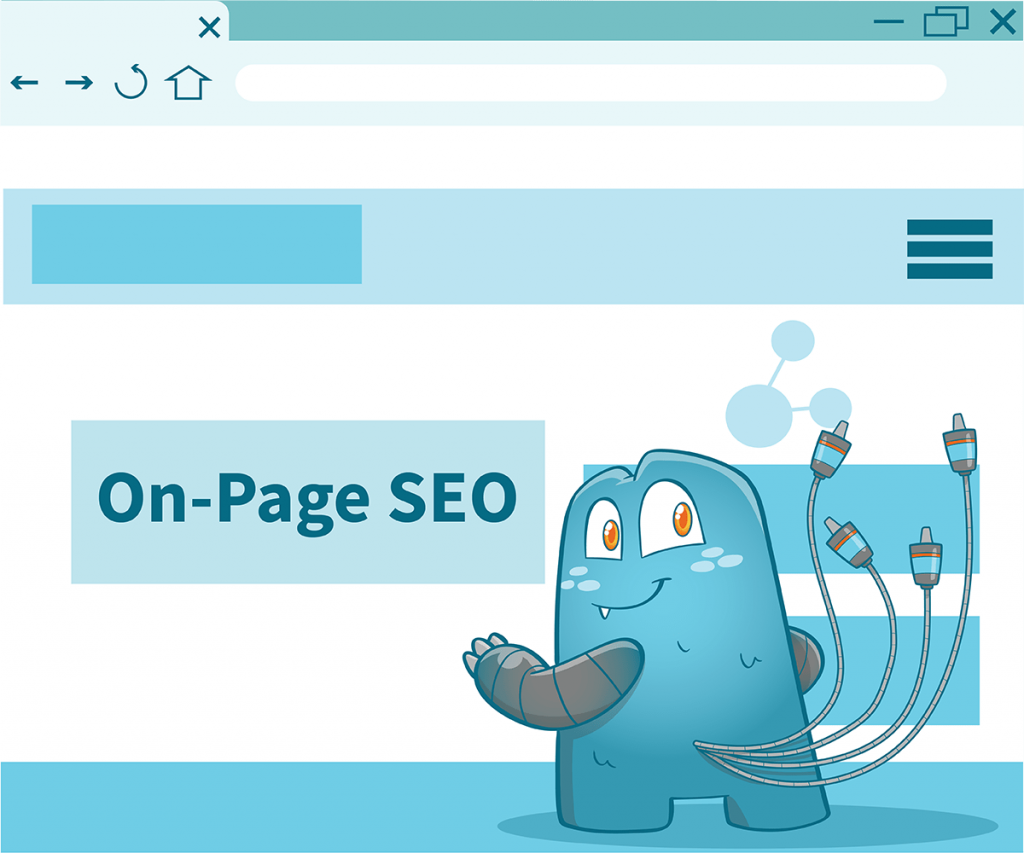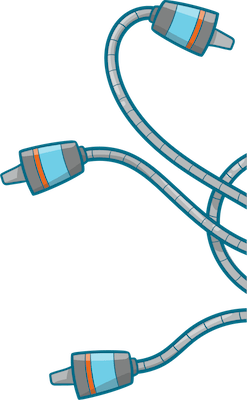SEO for a New Site: An Excellent Starter Guide

SEO can be a complicated topic, especially when you are just starting out. There are so many things to consider, and it can be difficult to know where to begin. In this article, we will provide a basic overview of SEO for a new site. We will discuss why SEO is important, and we will outline some simple steps that you can take to improve your website’s search engine ranking.
An Overview of SEO
SEO, also known as search engine optimization, is the process of improving the visibility and ranking of your website in search engine results pages (SERPs). This is important because it can help you attract more visitors to your site, which can lead to more sales or conversions.
There are a number of factors that go into SEO, including on-page elements like keyword, header, and image optimization, as well as off-page SEO tactics like social media promotion, directory listings, and backlink building.
Why is SEO for a New Site Important?
SEO is important for a number of reasons. First, it can help you reach more potential customers or clients. If your website is ranking higher in SERPs, you are more likely to get traffic from people who are searching for the products or services that you offer.
Second, SEO can help you to improve your brand awareness and visibility. When people see your website ranking high in SERPs, they will associate your brand with success and trustworthiness.
Third, SEO can lead to more sales or conversions. If people are able to find your website easily, they are more likely to visit it and make a purchase.
SEO is also important for the user experience of your website. If your site is easy to find and navigate, people are more likely to stay on it and continue using it. This can lead to repeat customers or clients, as well as word-of-mouth promotion.
Types of SEO
There are two types of SEO: on-page SEO and off-page SEO.
On-Page SEO
On-page SEO refers to the optimization of the individual elements on your website, such as the title tags, meta descriptions, header tags, and images. This type of SEO helps search engines to understand what your website is about so that they can rank it accordingly.
Elements of On-Page SEO
Keywords and Keyword Research
Keywords are an important part of on-page SEO. These are the words or phrases that people use when they are searching for something on the internet. When you include keywords in your website content, it helps search engines to understand what your site is about and to index it accordingly.
It is important to do keyword research before you add keywords to your website. This will help you to find the most popular and relevant keywords for your business. You can use a number of tools to do keyword research, including Google AdWords Keyword Planner, Google Trends, and Moz Keyword Explorer.

Title Tags
A title tag is an HTML element that specifies the title of a web page. Title tags are one of the most important on-page SEO elements, as they help to tell search engines what your website is about.
Your title tag should be unique and descriptive, and it should include your target keyword. For example, if you are a plumber in Los Angeles, your title tag might be something like “Los Angeles Plumber – Joe’s Plumbing.”
Meta Descriptions
A meta description is an HTML element that provides a brief summary of a web page. Meta descriptions are important for on-page SEO, as they help to tell search engines what your website is about.
Your meta description should be unique and descriptive, and it should include your target keyword. For example, if you are a plumber in Los Angeles, your meta description might be something like “Joe’s Plumbing is a Los Angeles-based plumbing company that offers a wide range of plumbing services.”
Header Tags
Header tags are HTML elements that specify the headings of sections on a web page. Header tags are important for on-page SEO, as they help to tell search engines what your website is about.
Your header tags should be unique and descriptive, and they should include your target keyword. For example, if you are a plumber in Los Angeles, your header tags might be something like “Los Angeles Plumber – Joe’s Plumbing” or “Plumbing Services in Los Angeles.”
Images
Images are an important part of on-page SEO, as they can help to improve the user experience of your website. When you include images on your website, you should always include descriptive ALT text. This will help search engines to understand what your website is about and to index it accordingly.
Off-Page SEO
Off-page SEO refers to the activities that you do outside of your website to promote it, such as social media promotion, directory listings, and backlink building. This type of SEO helps to create a well-rounded online presence for your website so that it can rank higher in SERPs.
Elements of Off-Page SEO
Social Media Promotion
Social media promotion is a great way to promote your website and to build backlinks. You can promote your website on social media platforms such as Facebook, Twitter, and LinkedIn.
Directory Listings
Directory listings are an important part of off-page SEO. You can list your website in directories such as Yelp, Angie’s List, and Google Places.
Backlink Building
Backlink building is a process of acquiring links from other websites to your own. This helps to improve your website’s SEO and to increase its authority. There are a number of ways to build backlinks, including guest blogging, directory listings, and social media promotion.
How to Improve Your SEO
Now that we have discussed why SEO is important and some of the elements of SEO, let’s take a look at how you can improve your own website’s SEO.
Here are a few tips:
Using Keyword-Rich Titles Titles and Descriptions
You should always use keyword-rich titles and descriptions on your website. This will help search engines to understand what your website is about and to index it accordingly.
As a starter, you will need a reliable tool like Ahrefs or Semrush to look for the keywords you will use on your website.
Include Keywords in Your Content
Including keywords in your content is also important for SEO. You should include relevant keywords throughout your website’s content, including in the body text, headings, and meta tags.
However, you should also note that keyword stuffing is a black hat SEO technique that can result in your website being penalized by search engines.
Creating Quality Content
High-quality content can be considered the backbone of SEO. Your website’s content should be well-written, informative, and relevant to your target audience. Excellent content should also be shareable so that others can promote it on social media and backlink to it.
If you are new to SEO, you need to follow the E-A-T guideline when creating content. This is an abbreviation for Expertise, Authoritativeness, and Trustworthiness.

Building Backlinks
Building backlinks is also important for SEO. You can build backlinks by guest blogging, directory listings, and social media promotion. However, backlink building isn’t as easy as it sounds.
You would have to consider the linking site’s authority, the relevance of the linking site to your own website, and the quality of the link itself.
To build backlinks, you need to search for directory listings or blog sites that allow guest posts. This way, you will be able to create backlinks pointing to your website.
Create Internal and External Links
Another important aspect of SEO is creating internal and external links. Internal linking helps to improve the user experience of your website by directing users to other relevant pages on your site.
External linking, on the other hand, does the same act, but the links are pointing to external domains. It is important for you to include these two in your SEO strategy since it will help improve your website’s overall ranking.
You should have an effective internal and external linking strategy so you could properly distribute organic traffic and link juice across your pages.
Since you’re just starting out in SEO, you can do this manually. However, as your website gets bigger, you will need to start using internal linking plugins that will make your work easier. One example is the Internal Link Juicer for WordPress.
Create a Sitemap
A sitemap is a file that contains a list of all the pages on your website. This is important for SEO because it helps search engines to index your website properly. You can create a sitemap using XML or HTML.
There are a lot of free apps you can use on the internet. You just need to pick which ones will be best for your needs.
Monitor Your SEO Progress
You should also regularly monitor your SEO progress so that you can adjust your strategy as needed. There are a number of tools that you can use to track your SEO progress, such as Google Analytics and Moz’s Rank Tracker.
Optimize Your Images
Your images also play a huge role in SEO. Images should be relevant to your website’s content, and they should also be properly optimized with keywords and descriptions. You can do this by editing the alt text and file name of your images.
Before you can start optimizing images, you will first need to make sure that your images are high-quality. This is to prevent boring users and making them lose interest in your site. Once you’re done, you can start describing your images and making sure that you include keywords in the descriptions.
Try Promoting Your Website on Social Media
Social media has been shown to be a great way to promote your website and to build backlinks. You can use platforms such as Facebook, Twitter, and LinkedIn to share your content and build relationships with other webmasters.
The use of social media has gained popularity since many web users are spending their time on these platforms. Thus, you can get more chances of your website being discovered by search engines.
Search Engine Optimization: Your Gateway to Success
Search engine optimization requires you to put in a lot of time and effort, but it is definitely worth it. A successful SEO campaign can help you to achieve your business goals by driving traffic to your website and by improving your search engine rankings.
SEO can be a complex and time-consuming task, but it is definitely worth it if you want to improve your website’s ranking in SERPs. By following the tips above, you can get started on optimizing your website for better SEO.

